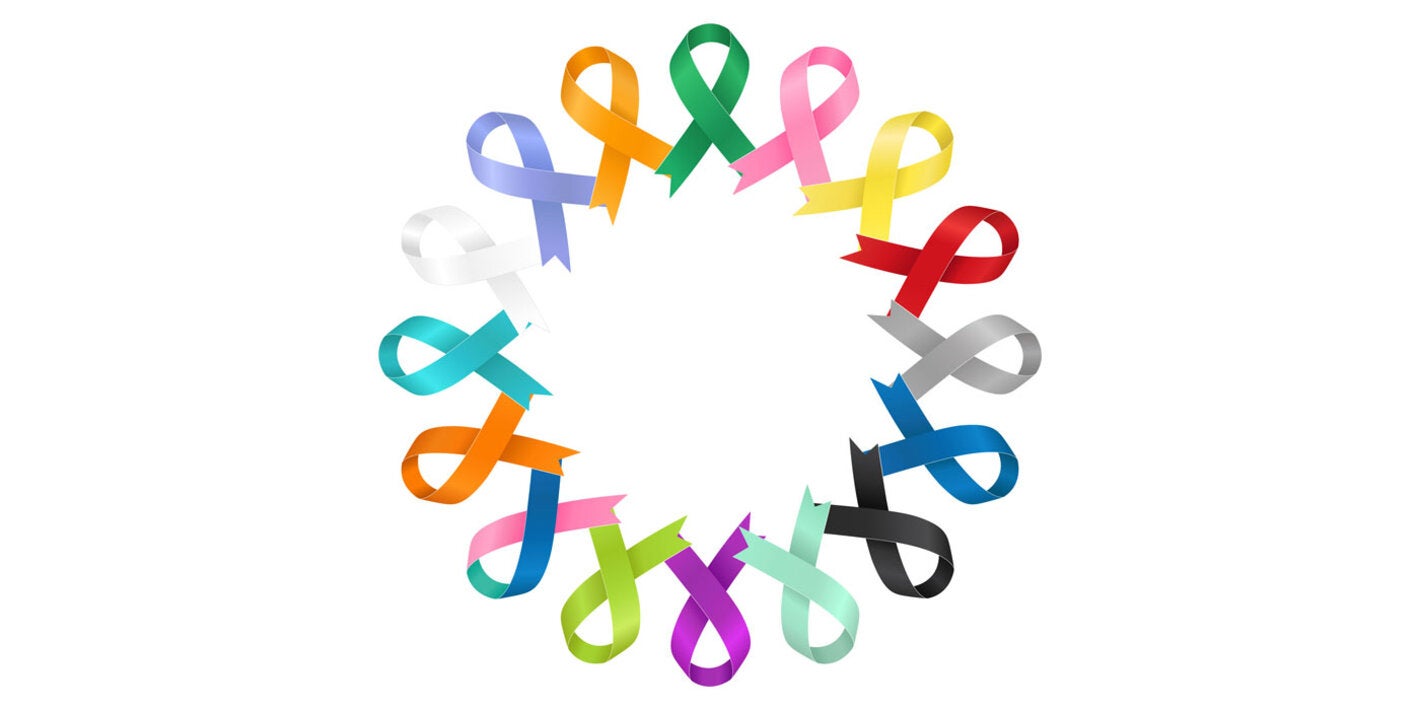
22 February 2023 – Cancer is the leading cause of death worldwide and the second most frequent cause of morbidity and mortality in the Americas. When we delve into the statistics for our region, it shows that cancer affects people of all ages and stages in life.
-
In 2020, approximately 4 million people were newly diagnosed, and 1.4 million people died from the disease.
-
57% of new cancer cases and 47% of cancer deaths occurred in people 69 years of age and younger.
-
It is estimated that 29,000 children and adolescents under 19 will be affected by cancer annually. Of these, about 10,000 will die from this disease.
Closer to home, in 2020, the most common causes of cancer in Jamaica are prostate, breast, colorectal, lung and cervical. Notably, between one-third to one-half of cancer cases can be prevented by reducing the prevalence of risk factors and optimizing screening opportunities. This includes reducing tobacco and alcohol use, increasing fruit and vegetable intake, and physical activity. PAHO’s regional strategy is clear: support countries to reduce premature deaths from non-communicable diseases (NCDs), including cancer, by 25% by 2025.
Cervical cancer is one of the most preventable and successfully treatable forms of cancer, if detected and diagnosed early and managed effectively. In August 2020, the World Health Assembly passed a resolution calling for the elimination of cervical cancer and adopting a strategy to make it happen. The goal is to reduce its incidence rate to less than 4 cases per 100,000 women. Vaccination against Human Papillomavirus (HPV) can reduce the risk of cervical cancer. Introducing testing for HPV has shown to be an effective screening tool.
Tobacco use is a major risk factor for all the main NCDs, including cancer. We commend the Government of Jamaica for the initiatives taken to protect the population from the harmful effects of tobacco use and exposure to tobacco smoke. PAHO remains committed to supporting Jamaica in these initiatives, including the passage and implementation of the Tobacco Control Act, 2020.
This February, we observed two major health days – World Cancer Day and International Childhood Cancer Day. In each instance, we continue to champion increasing access to life-saving medicines and care to reduce health inequalities and save lives. However, we all have a role to play in fighting cancer. If we are to reduce the instances of death from cancer, a whole of society approach is required. The most effective preventions of cancer are legislation, regulation and fiscal policies designed to change community and individual behaviours. These should be combined with activities to promote screening and early detection.



